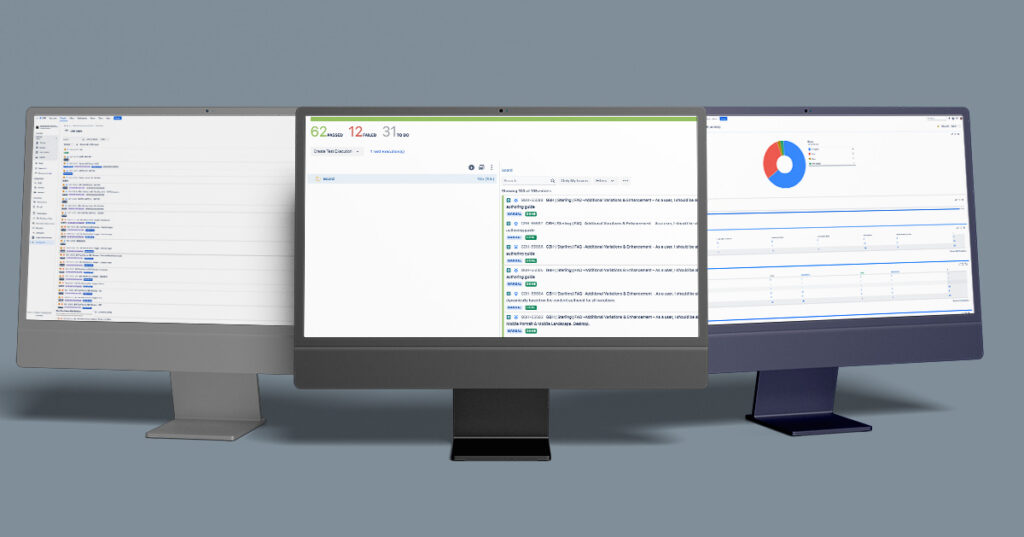Cases, Digital Design
X-Ray Testing Concept and Implementation

X-Ray DAT Testing, Script Library, Test Execution
- Client: NDA
- Project: X-Ray DAT Testing, script library creation, test execution for a large North america retail manufacturer
Creation of a complete X-Ray DAT testing solution and Implementation of Test scripts for Design Acceptance testing
Duration: 3 months
Objectives
- Enhance Test Management: Improve organization and tracking of test cases.
- Improve Testing Coverage: Ensure comprehensive coverage to reduce bugs and improve software quality.
- Streamline Execution: Facilitate efficient execution of test runs with detailed reporting.
Challenges
- Fragmented Testing Processes: Existing tests were managed using disparate tools, leading to inefficiencies. Many test steps were duplicated and repeated, inducing to errors
- Limited Visibility: Poor visibility into test coverage and results hindered timely decision-making.
- Integration Issues: Ensuring seamless integration of TestRay with existing CI/CD pipelines.
Approach
- Requirement Gathering & Analysis:
- Conducted stakeholder interviews to understand pain points and requirements.
- Identified key requirements for test management and execution.
- Tool Selection & Setup:
- Selected TestRay for its robust test management and execution capabilities.
- Configured TestRay to align with the client and third party developer workflows and testing requirements.
- Test Plan Development:
- Created detailed test plans covering functional, regression, and design testing.
- Defined test cases, test sets, and test runs within TestRay.
- Integration with CI/CD Pipeline:
- Integrated a TestRay script library with scripts for every module used by developement team.
- Ensured test results were automatically updated in TestRay for real-time visibility.
- Training & Documentation:
- Conducted training sessions for QA engineers, developers, and quality assurance specialists on using TestRay.
- Developed comprehensive documentation, including user guides and best practices.
- POC Testing & Feedback:
- Implemented a pilot phase to gather feedback and refine the process.
- Iteratively improved test management and execution based on feedback.
Outcome
- Enhanced Test Management: Centralized and organized test cases, leading to more efficient management.
- Improved Test Coverage: Achieved comprehensive coverage, resulting in higher software quality and fewer bugs.
- Streamlined Execution: Efficient execution of test runs with real-time reporting and visibility and dynamic updates for any design changes
Metrics of Success
- Test Coverage: Increased coverage by 50%.
- Bug Reduction: Reduced post-release bugs by 30%.
- Efficiency Improvement: 40% reduction in time spent writing, managing and updating executing tests.
Conclusion
The implementation of TestRay for DAT testing significantly improved test management, coverage, and execution. By addressing initial challenges and focusing on the client’s objectives, the project delivered measurable benefits, enhancing the overall quality and reliability of the DAT application. In addition the project was very successful and script library was also adopted by third party developers to support Quality Assurance tests.